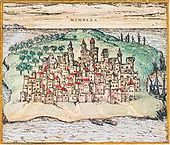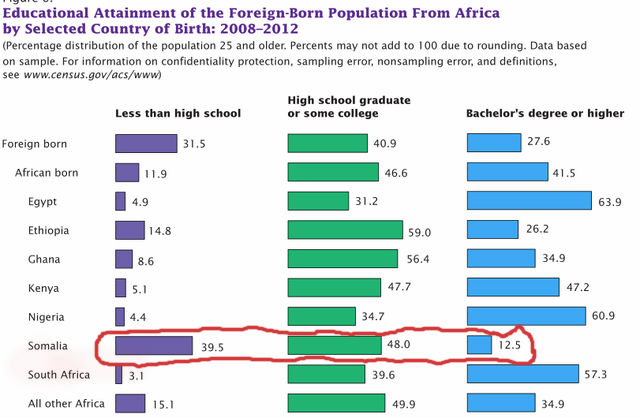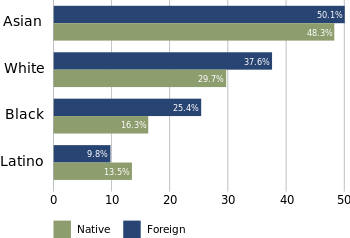@Canuck Interesting, but not what I requested.
Still, if you want to get into the history of strongest, proudest, warriors of Africa then we have to talk about Ethiopians, Mandingo, Ashantis, Zulus, Kongolese, and Angolans, before we talk about Somalis. Those people fought off European slave traders and colonist the hardest.
The
European Age of discovery brought Europe's then
superpower the
Portuguese empire to the coast of East Africa, which at the time enjoyed a flourishing trade with foreign nations. The wealthy southeastern city-states of
Kilwa,
Mombasa,
Malindi,
Pate and
Lamu were all systematically sacked and plundered by the Portuguese.
Tristão da Cunha then set his eyes on Ajuran territory, where the battle of
Barawa was fought. After a long period of engagement, fierce resistance by the local population and soldiers resulted in the failure of the Portuguese to permanently occupy the city, and the inhabitants who had fled to the interior would eventually return and rebuild the city. After Barawa, Tristão would set sail for
Mogadishu, which was the richest city on the East African coast. But word had spread of what had happened in Barawa, and a large troop mobilization had taken place. Many horsemen, soldiers and battleships in defense positions were now guarding the city. Nevertheless, Tristão still opted to storm and attempt to conquer the city, although every officer and soldier in his army opposed this, fearing certain defeat if they were to engage their opponents in battle. Tristão heeded their advice and sailed for
Socotra instead.
[42] After the battle the city of Barawa quickly recovered from the attack.
[43]

In 1660, the
Portuguese in
Mombasa surrendered to a joint
Somali-
Omani force.
[44]
Over the next several decades Somali-
Portuguese tensions would remain high and the increased contact between Somali
sailors and
Ottoman corsairs worried the Portuguese who sent a punitive expedition against Mogadishu under
João de Sepúlveda, which was unsuccessful.
[45] Ottoman-Somali cooperation against the Portuguese in the
Indian Ocean reached a high point in the 1580s when Ajuran clients of the Somali coastal cities began to sympathize with the
Arabs and
Swahilisunder Portuguese rule and sent an envoy to the Turkish corsair
Mir Ali Bey for a joint expedition against the Portuguese. He agreed and was joined by a Somali
fleet, which began attacking Portuguese colonies in
Southeast Africa.
[46]
The Somali-Ottoman offensive managed to drive out the Portuguese from several important cities such as
Pate,
Mombasa and
Kilwa. However, the Portuguese governor sent envoys to
Portuguese India requesting a large Portuguese fleet. This request was answered and it reversed the previous offensive of the Muslims into one of defense. The Portuguese armada managed to re-take most of the lost cities and began punishing their leaders, but they refrained from attacking Mogadishu, securing the city's autonomy in the Indian Ocean.
[18][47]Ajuran's Somali forces would eventually militarily defeat the Portuguese. The Ottoman Empire would also remain an economic partner of the Somalis.
[6] Throughout the 16th and 17th centuries successive Somali Sultans defied the Portuguese economic monopoly in the
Indian Ocean by employing a new coinage which followed the Ottoman pattern, thus proclaiming an attitude of economic independence in regard to the Portuguese.
[48]


